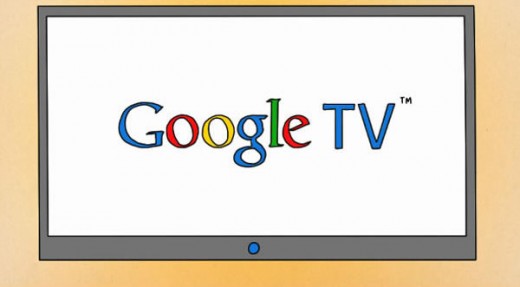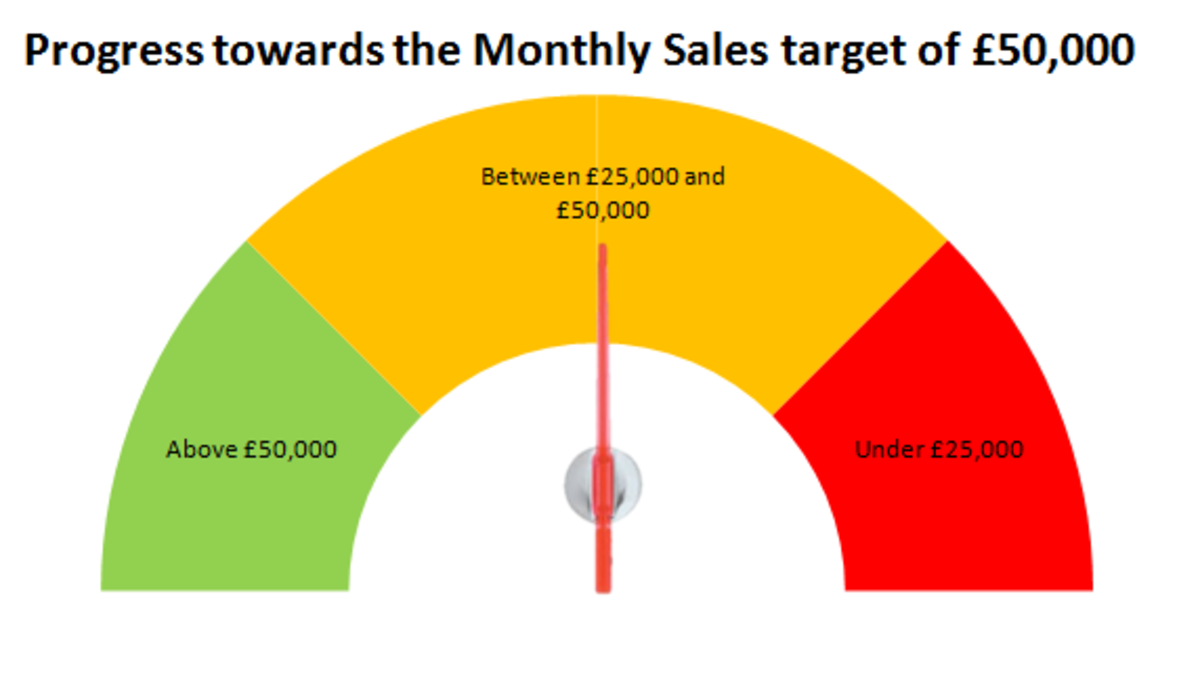Under the guise of Google

One has to hark back to 15-20 years ago, when Microsoft tried to monopolize the Internet – and got put in its place by users and courts.
Google is now trying to dip its fingers in many pies, using market research it keeps on all its users. By keeping tabs on the e-mail, searches and URL visits of users, Google already sends ads in e-mail, posts user-relevant suggestions in Facebook, and determines its next phases of cornering a market. Everyone in the industry says “Google knows everything about you.”
Every time you use a Google search (admittedly the best search engine for the past fifteen years or more), information about your topics of search drop into a database. Originally the purpose of this database was to know which sites are most popular. But as a spider, this information was not essential to maintaining a good search engine.
Then the first shoe to drop – selling search posts to business sites. As a result, the unsuspecting user can search for “John Doe” and among the first five ‘results’ is a ‘posting’ saying you can buy John Doe at Amazon. Users must now learn to ignore the first few ‘results’ and skip down to the “Web results” section. Meanwhile, Google is still collecting data on the user…
As the World Wide Web matured, Google noticed that America Online was the most popular portal, so Google decided to enter the fray with GooglePlus. And GoogleTalk became a substitute for AOL’s Instant Messaging. With the incorporation of Google’s gmail, names of friends, and their e-mail addresses, became accessible.
Ever on the lookout for opportunities, Google noticed that people had gone beyond posting pictures of their dogs and had started writing full articles – for pay – online. Hence the birth of Google’s publishing site, which has since gotten very complicated, allowing people to publish for free. Maybe, if an article looks profitable, perhaps Google would pay for it.
This opened the door for Google Adsense, which effectively says that if a reader of an article clicks on an ad on that page, the author gets a penny or two. This system is still in effect, although recently a lot of authors got more money than usual, apparently from a campaign to click on any and all articles for the fun of it. It is still not known if those authors will be able to cash in that money.
By these tactic, Google had established a competition with Amazon. It was time to take on the big guns – Microsoft – by developing a new browser, Google Chrome. This is not a small undertaking, since most applications on the Internet are written for viewing on Internet Explorer. Some people switched if only in protest to the grip Microsoft has on Internet use even after the courts opened the field. Some people who play games on their computer learned that Chrome was so invasive throughout the registry that their games didn’t work. So even a test copy had to be uninstalled – and then the user had to go through the registry carefully to delete all Chrome components left after the uninstall. Still, by being offered with every update of Adobe Reader or Shockwave, Chrome was regularly installed by accident.

Ever on the prowl for a new market to spend its ample income, Google even got into the development of self-driving cars. As odd as it sounds, this is in line with the Google user mindset of do-it-for-me computing.
Now apparently the partnership of Adobe and Google has hit an impasse. I have long been addicted to the Universal Jigsaw, playing it every day for at least ten years. Suddenly last week, the Universal Jigsaw announced that Google Chrome now refuses to support Shockwave, and the jigsaw had to close down.
This discovery brings speculation based on one’s observation of Google. Google must have made an attempt to buy Adobe in its ever-increasing thirst for control. Adobe probably refused, so Google is trying to undermine its competitor. Shades of Microsoft trying to take over Intuit (and failing).

How should the user respond? Wait. Internet Explorer-based applications still support Shockwave, and it would appear no other site except Universal Jigsaw has been affected. Even Google Chrome users need only avoid upgrading their browser so they can still use their Shockwave sites.
Since monopolies are now legal, there appears to be no political avenue of remedy. All users can do is not give in to repeated attempts to merge all development companies into a single all-powerful dynasty. Competition must be maintained.
© 2015 Bonnie-Jean Rohner






